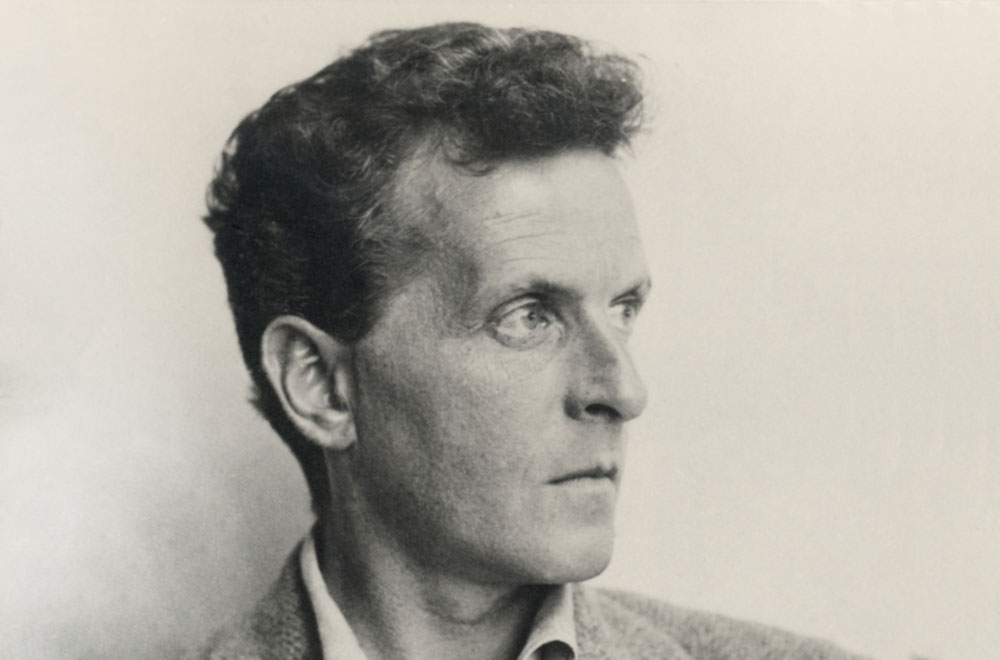Wittgenstein & Feminist Epistemology

International Conference
Wittgenstein & Feminist Epistemology: Words, Voices and Silences
16–17 May 2024, FCSH – NOVA University Lisbon
Organised by Wittgenstein & Women Group and Lisbon Wittgenstein Group/ArgLab – IFILNOVA
KEYNOTE SPEAKERS
Anna Boncompagni (University of California, Irvine), Sofia Miguens (University of Porto)
Feminist epistemologists have long called our attention to the situated character of our knowledge, i.e., the way our social position and experiences affect what we may know about the world. In particular, they have sought to identify the way dominant epistemic conceptions and practices harm women and other marginalized subjects by producing and reproducing oppressive gendered schemas and myths. For most feminist epistemologists, however, the solution is not to correct the situated character of knowledge in search of a neutral, properly objective account. Rather, the fact that knowledge is embedded in our practices should be seen as its very condition of possibility which “turns out to be about particular and specific embodiment and definitely not about the false vision promising transcendence of all limits and responsibility”, as Donna Haraway famously put it.
These feminist insights closely resonate with Wittgenstein’s appeal that we “bring words back from their metaphysical to their everyday use”. According to Stanley Cavell, this appeal involves a rejection of the metaphysical voice that dominates philosophical inquiry in favour of a project that seeks to recover the human voice itself. The disqualification of the human voice from the philosophical register derives from a general suspicion of all that is ordinary and adherence to the fantasy of a purified medium outside our language from which to evaluate the world. Much like feminist theorists, Wittgenstein turns this suspicion around and questions a long-standing philosophical captivity to the proverbial view from nowhere.
How is meaning derived from silence in the face of the ideological contours of our dominant conceptual resources? What does it take for marginalized voices to be heard within societies that are unresponsive to them? How can these reflections be illuminated by both feminist theory and Wittgensteinian scholarship? Where do they leave us in regard to traditionally central epistemological notions such as objectivity, justification and truth? What can they tell us about the way systems of domination affect our epistemic practices? How do they relate to phenomena such as epistemic oppression, hermeneutical injustice, willful hermeneutical ignorance? What other productive interactions can result from this dialogue? These and other related questions should set the tone for the 4th International Conference Wittgenstein & Women.
Programme
Thursday, May 16
9:45–10:00 Welcome
| Storytelling and Situated Knowledges |
10:00–10:45 Salla Aldrin Salskov & Ryan Manhire (Åbo Akademi University – Turku)
“Beyond Clashing Certainties: Testimonial and Hermeneutical In/Justices in Bedrock Gender”
10:45–10:50 Short Break
10:50–11:35 Miranda Young (New School for Social Research, New York)
“Legibility and Narration: The Importance of Visibility and Obscurity in Survivor Politics”
11:35–12:00 Coffee Break
12:00–12:45 Filippo Batisti (Catholic University of Portugal, Braga)
“Prolific Plurality against Refractory Relativism: Defending Transformative Difference within Deep Epistemic Disagreements”
12:45–14:30 Lunch Break
| Morals and Wittgensteinian Ethics: The Question of Silences |
14:30–15:30 Keynote Address | Sofia Miguens (University of Porto)
“Miscarriages of Thought: Cora Diamond on ‘Natural Subjugation’”
15:30–15:35 Short Break
15:35–16:20 Fran Scapinello (University of Lisbon)
“Confronting Voices: Lorde, Murdoch, and Wittgenstein on Philosophical and Political Methods of Silence”
16:20–16:45 Coffee Break
16:45–17:30 Manuela Teles (University of Porto)
“Women & Animals: an exercise on concepts after Diamond (and Wittgenstein)”
Friday, May 17
10:30-10:45 Welcome
| Concepts: Language and Experience, Language as Experience |
10:45-11:30 Valérie Aucouturier (UCLouvain Saint-Louis Brussels)
“Our Concepts and Where We Speak From”
11:30–11:45 Coffee Break
11:45–12:30 Amadeusz Just (University of Warsaw)
“Breaking the Silence With Primitive Reactions”
12:30–15:00 Lunch Break
15:00–16:00 Keynote Address | Anna Boncompagni (University of California, Irvine)
“Once More With Feeling: A Feminist-Wittgensteinian Take on Language and Liberation” [online]
16:00–16:30 Coffee Break
16:30–18:30 WORKSHOP SESSION
The workshop is not open to the public. Junior researchers give a 10-minute presentation of their papers, followed by a discussion with the keynote speakers.
Participants:
Melina Bentes (Nova University Lisbon)
“On Hinge Epistemology”
Anton Hug (Paris 1 Panthéon-Sorbonne)
“Gender as Social Phenomenon”
Romane Debat (École Normale Supérieure, Paris)
“The Concept of ‘Consent’”
Event supported by the Foundation for Science and Technology (Fundação para a Ciência e para a Tecnologia) of the Portuguese Ministry of Education and Science under the project UIDP/00183/2020.

